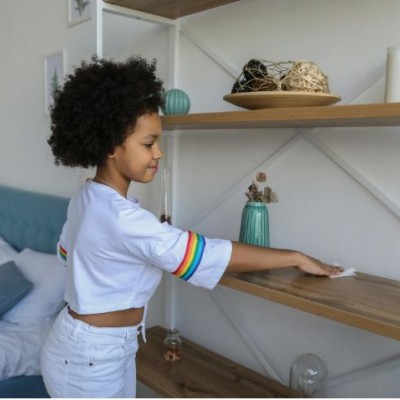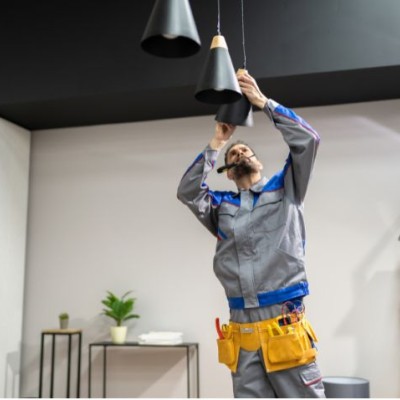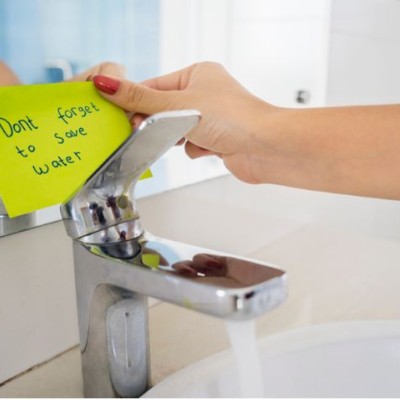Sustainable smart tech for homes: Enhancing eco-friendly living

As technology advances, sustainable smart tech for homes is becoming more accessible. Smart homes are no longer a futuristic concept; they are a practical solution for today's climate change challenges.
Integrating eco-friendly devices in your home that monitor and optimise energy use can significantly reduce your carbon footprint and your utility bills, too.
What is sustainable smart tech for homes?
Sustainable smart technology refers to devices and systems designed to reduce energy consumption and promote eco-friendly living.
These technologies often use renewable energy sources and materials that have a minimal environmental footprint. The goal is to enhance the efficiency and effectiveness of home automation while reducing carbon emissions and conserving resources.
Examples include smart thermostats that optimise heating and cooling, and water-saving smart irrigation systems.
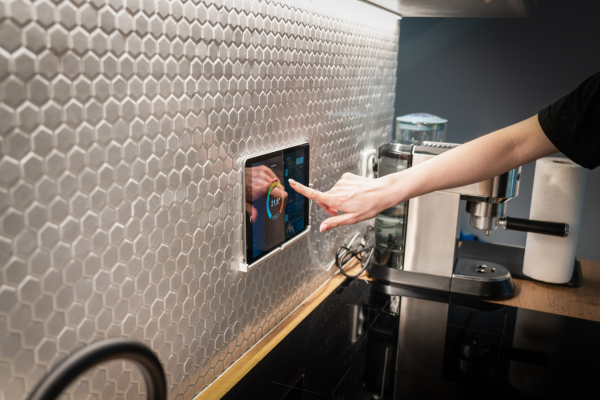
What are the benefits of sustainable smart tech for homes?
Sustainable smart tech offers numerous advantages! These include:
- enhancing energy efficiency in your home
- reducing your environmental footprint
- delivering cost savings on bills
- improving comfort e.g. using a phone app to change temperature settings before you get home
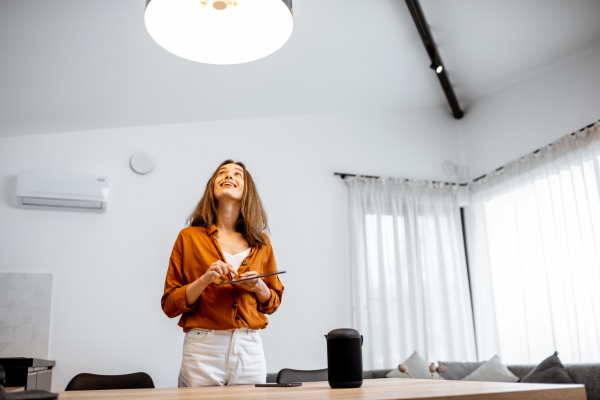
Top sustainable smart tech for homes
You can upgrade your home's sustainability with many different cutting-edge smart devices.
Smart thermostats
Smart thermostats help you control your home's temperature efficiently. These devices learn your preferences and adjust settings accordingly. Many models feature sensors and Wi-Fi connectivity, allowing you to manage heating and cooling remotely.
Energy-saving features can cut utility bills significantly. Additionally, they can integrate with other smart home systems, providing a comprehensive approach to managing your home's climate.
Smart lighting
Smart lighting systems offer more than just convenience. By using LED bulbs and automated schedules, they drastically reduce electricity usage.
You can control them via smartphone apps or voice assistants. These systems can also respond to occupancy and daylight sensors, ensuring lights are only on when needed. This feature further optimises energy consumption.
Energy monitoring systems
Energy monitoring systems provide insights into your home's power usage. They track real-time electricity consumption, identifying which appliances are most energy-intensive.
Through detailed analytics, you can understand your usage patterns and find opportunities for savings. In the UK, you can get a smart meter fitted for no cost, through your energy provider.
Smart power strips and plugs
Smart power strips and plugs target the problem of phantom loads, where electronics consume power even when off. They are basically like an extension lead, but with individually controlled outlets, including timing and on/off. You can monitor power usage and schedule operations through mobile apps, reducing electricity waste efficiently.
Smart water management
There are different ways you can manage water smartly at home. Installing smart water meters allows you to track your water consumption in real-time and improve your water conservation efforts. They can also alert you to unusual usage patterns, often indicating leaks that may need fixing.
Smart irrigation is a game changer for anyone who gardens. These clever setups use sensors and weather forecasts to deliver just the right amount of water to your plants at the right time. No guessing = no waste.
Integrating sustainable smart tech into your home
Integrating sustainable smart tech into your home can significantly enhance energy efficiency, reduce utilities costs, and contribute to eco-living. But before getting started, it's crucial to assess your current setup and identify any areas for improvement.
Conducting an energy audit can reveal inefficiencies. There’s no point investing in smart tech to help energy efficiency if you have old appliances that are using crazy amounts of electricity, or a loft that has no insulation and is letting tons of heat escape through the roof.
Once your feel your home is in a good place to benefit from smart tech to further enhance energy efficiency, it’s best to begin with easy-to-install devices such as smart thermostats and smart power strips. These devices often have the quickest return on investment. You can then gradually integrate more advanced systems like smart lighting throughout the home, or smart water management which are larger investments.
Maximising the benefits
Optimise your smart tech usage by scheduling devices and using automation features. For example, set your thermostat to lower temperatures when you're not home.
- Automation: Program lights to turn off when not in use.
- Monitoring: Use energy monitoring tools to track and adjust usage.
- Integration: Ensure all devices are compatible and can communicate effectively.
Regularly update your systems to ensure they are functioning efficiently. By keeping tech up-to-date, you maximise savings and maintain a sustainable, smart home environment.
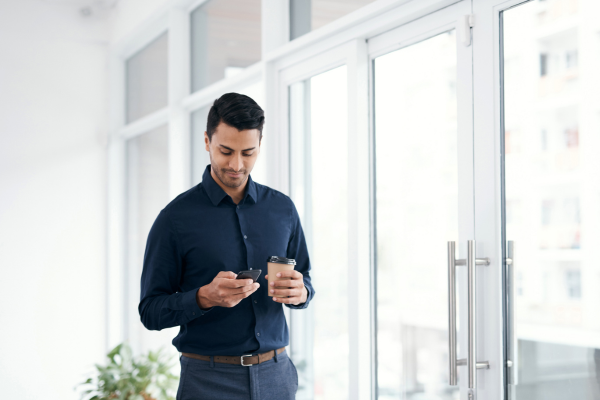
Future trends in sustainable smart tech
Over the next decade, advancements will continue to reshape energy efficiency and environmental impact in our homes.
Artificial Intelligence (AI)
AI refers to the simulation of human intelligence processes by machines, especially computer systems. AI will allow smart home devices to learn from users' behaviours and preferences, enabling highly personalised experiences. For example, smart thermostats could adjust heating and cooling based on daily routines, while lighting systems might adapt to your preferences for different times of day without needing manual input.
AI-powered voice assistants like Alexa, Google Assistant, and Siri are already central to many smart homes. As AI continues to advance, these assistants will become more capable of understanding complex commands and even interpreting gestures. This will make controlling smart home devices more natural and intuitive.
AI could also facilitate predictive maintenance, reducing waste and increasing the lifespan of smart home devices.
Blockchain
In simple terms, blockchain is like a digital notebook that everyone can see and write in, but once something is written down, it can't be changed or erased. It's used to keep track of information securely and transparently without needing a trusted middleman.
Regarding smart home tech, blockchain could enable decentralised control, giving homeowners more direct control over their data and devices without needing to rely on third-party providers. It could also help facilitate interoperability between different smart devices and platforms. This would help overcome the current fragmentation in the smart home market, where devices from different brands often struggle to integrate seamlessly.
Biodegradable devices
Something that isn’t really seen at all yet but could have a massive impact are devices that are biodegradable. This tech will still be designed to perform specific functions like traditional smart devices but with the added feature that they can break down naturally after their useful life ends. This will help to reduce the growing problem of electronic waste (e-waste) by ensuring that they do not linger in landfills for hundreds of years after they are discarded.
In conclusion, sustainable smart tech offers innovative solutions for making your home more sustainable. Integrating these systems can lead to energy savings, reduced environmental impact, and enhanced convenience. You can start with simple, inexpensive changes and gradually look at bigger investment devices.
Getting a headstart on incorporating this sort of tech could easily increase the value of your home if you were to sell it in the future, or make it more appealing to tenants if you were to let it out (due to the decreased bills and improved energy efficiency).
Looking for advice?
If you're looking to let or sell your property, we can help. Get in touch with your local branch or book in for a property valuation.

Contact Us
Got a question, general enquiry or something else?
You may also like
Since we started in 1987 we have grown to one of the UK’s largest property groups, we can save you time and money by offering a range of services and expertise under one roof.

